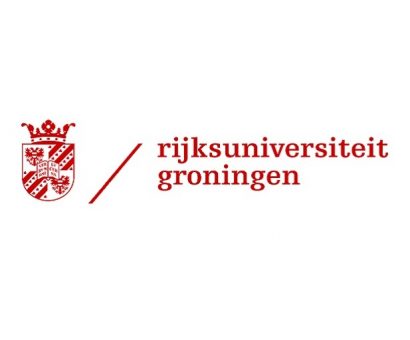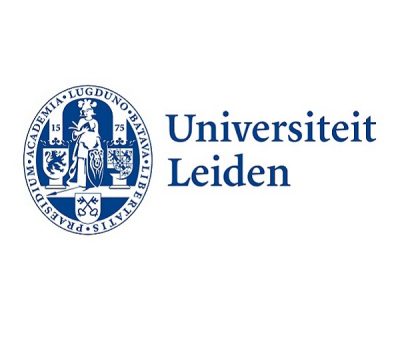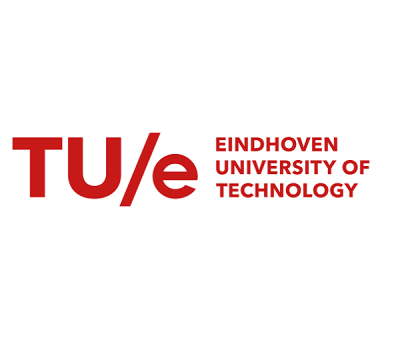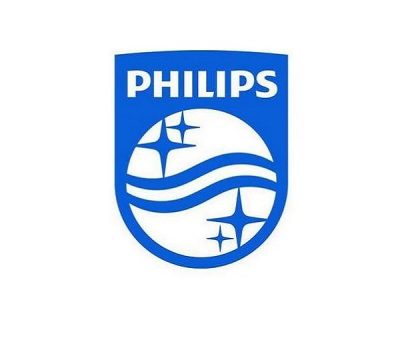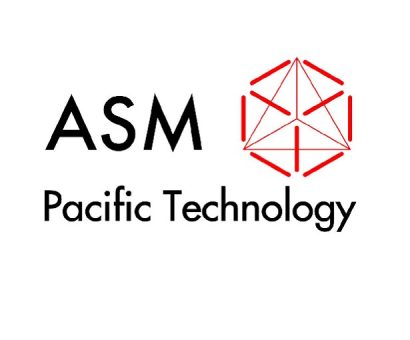Taming the High Complexity of Digital Twins
This project aims at reducing the high complexity of modern technology models. This complexity is the result of:
- Increased scale of systems
- Increased demand in performance
This high complexity makes these models no longer effective when used for system design, optimization, and decision-making.
In order to reduce complexity, digital twins often comprise multiple sub-models that are constructed independently. However, the interaction of these local digital twins leads to large-scale models that:
- Are difficult to analyse
- Can show unexpected behavior

Challenges
In this project, we will tackle the following scientific challenges:
- How can we handle the high complexity in the development of multi-disciplinary digital twins?
- And how do we manage heterogeneous multi-disciplinary models and guarantee the consistency between these models?
Fit within Digital Twin
The overall aim of Project 1 is to develop a framework and methods for handling the complexity of multi-disciplinary digital twins that facilitate the automated development of hybrid models, i.e., models that are based both on physical models of dynamic systems and on the data collected in the value chain.
People on Project 1
Project leader: Prof. Bayu Jayawardhana, University of Groningen

Principal Investigators:
- Dr. ir. B. Besselink, University of Groningen
- Prof. dr. ir. T. van den Boogaard, University of Twente
- Dr. ir. R.H.B. Fey, Eindhoven University of Technology
- Prof. dr. ir. J.M.A. Scherpen, University of Groningen
- Prof. dr. ir. N. van de Wouw, University of Eindhoven & University of Minnesota, U.S.A.
1.1 A compositional framework for specification management in dynamical systems design
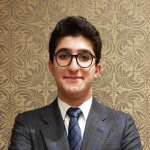 At the Faculty of Science and Engineering in the University of Groningen. Armin is studing the development of a compositional framework for dynamical systems design, based on formal specifications on the behavior of (heterogeneous multi-disciplinary) components and their interactions.
At the Faculty of Science and Engineering in the University of Groningen. Armin is studing the development of a compositional framework for dynamical systems design, based on formal specifications on the behavior of (heterogeneous multi-disciplinary) components and their interactions.
1.2 Compositional framework for complexity management of multi-disciplinary digital twins

At the Eindhoven University of Technology Lars is studying the development of a framework for model complexity reduction of digital twins. It involves the methodology for top-down and bottom-up accuracy specification of sub-models and a modular approach that allows multi-physical Digital Twins to be reduced in overall model complexity.
1.3 Model-based (nonlinear) model reduction of network of systems
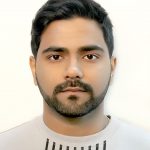
At the Discrete Technology & Production Automation (DTPA) group in the University of Groningen, Arijit will be responsible of studying different methods for reducing the order of predictive first-principles high-order models either directly or through simulation.
